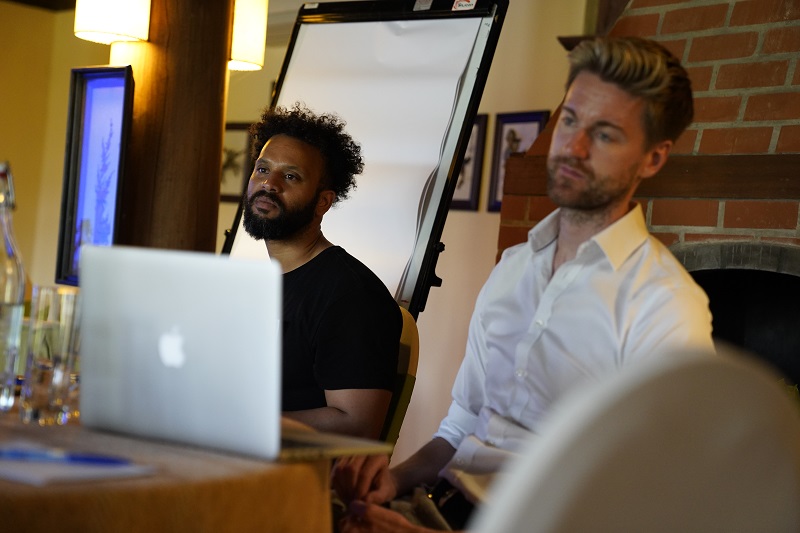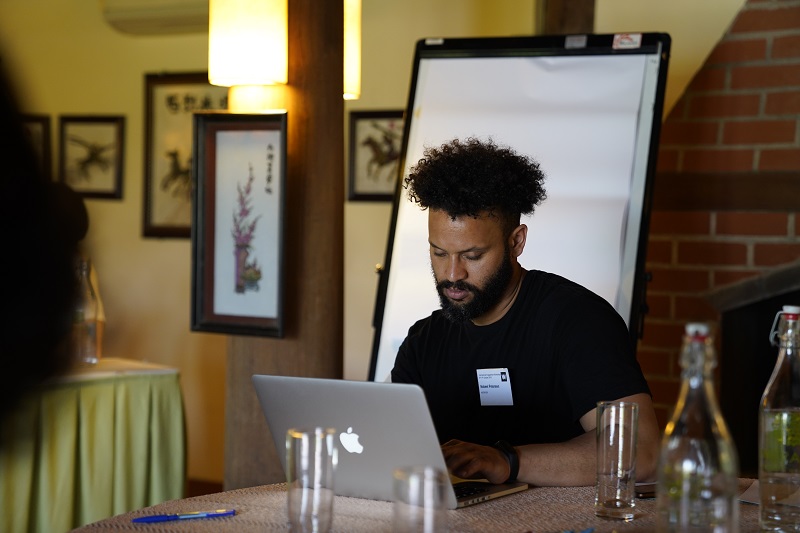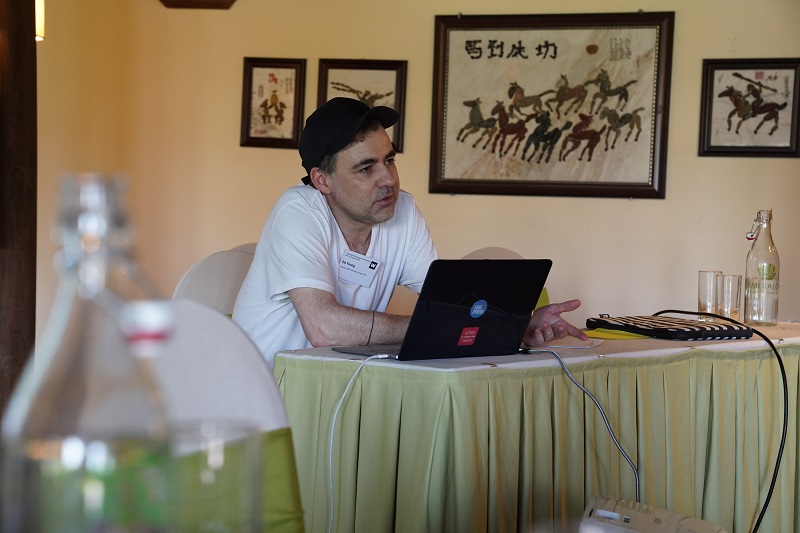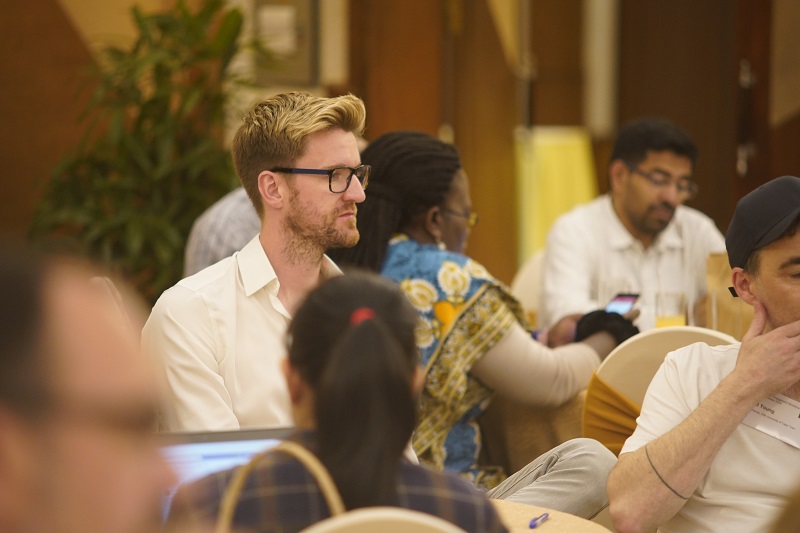Inclusivity and accessibility should be at the core of engagement work, as by definition engagement should seek to involve as diverse an audience as possible. However it is evident that some groups are often left out of engagement activities, whether that’s people with disabilities, diverse ethnic groups or others. At the 2018 Wellcome International Engagement Workshop, inclusivity in engagement arose as a discussion topic, lead mainly by three speakers: Ed Young, Patrick Collier and Nabeel Peterson. Each have experience of engaging diverse groups in innovative ways. Patrick Collier is an independent arts producer and the executive director of Access All Areas, a UK-based theatre company that make urban, disruptive performance by learning disabled and autistic artists. Ed Young is a South African artist who worked on the Eh!woza engagement project in Cape Town. Nabeel Peterson is a Wellcome Engagement Fellow who develops inclusive collaborations and co-design processes with street arts to make biomedical science more accessible.

Image: Nabeel and Patrick at the International Engagement Workshop
Ed, Patrick and Nabeel posed questions about the structures that prevent diversity around the world. What are the structures in society, in research, and in the arts that prevent us from including a diversity of voices? What can we do to change these structures? Patrick particularly asked why disabled voices continue to be so notably absent from all fields? Why was there not more focus on exclusion at this International Engagement Workshop? Why was there not more diversity in the leading presenters, more accessibility in the presentational style, and more diverse experiences feeding into the evaluation of the conference?
The lack of prominent disabled voices in engagement is reflected in society. Patrick pointed out that in the UK, 20% of the population is disabled, but only 5-6% of characters on TV and in films are disabled - and only 2% are played by disabled actors. To Patrick, this demonstrates how the population is being fed a skewed version of the world, where disability is less prominent than in reality. This leads to disabled voices being left out of the conversation too often. Patrick argues that the key to promoting disabled voices in the arts is co-production and co-design of work, with effort made to understand and support individual access needs, creating a level playing field. Patrick asked, what would it do to the conversation and to our work if presentations and activities were more accessible? What if disabled voices were equally represented, and equally heard?
Ed, Patrick and Nabeel all offered great insights into how they make their work as accessible as possible for different groups who may otherwise be left out of the discussion. Click below to read more about each of their projects.
---
The content on this page forms part of the online report for the 2018 International Engagement Workshop “Taking it to the Next Level: How can we generate leadership and develop practice in engagement?". To learn more about the workshop, access the rest of the report and browse the video presentations, discussion summaries, and tools, visit the workshop page.

This work is licensed under a Creative Commons Attribution 4.0 International License.



